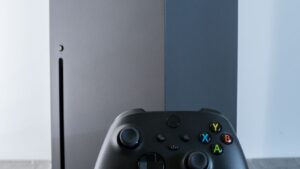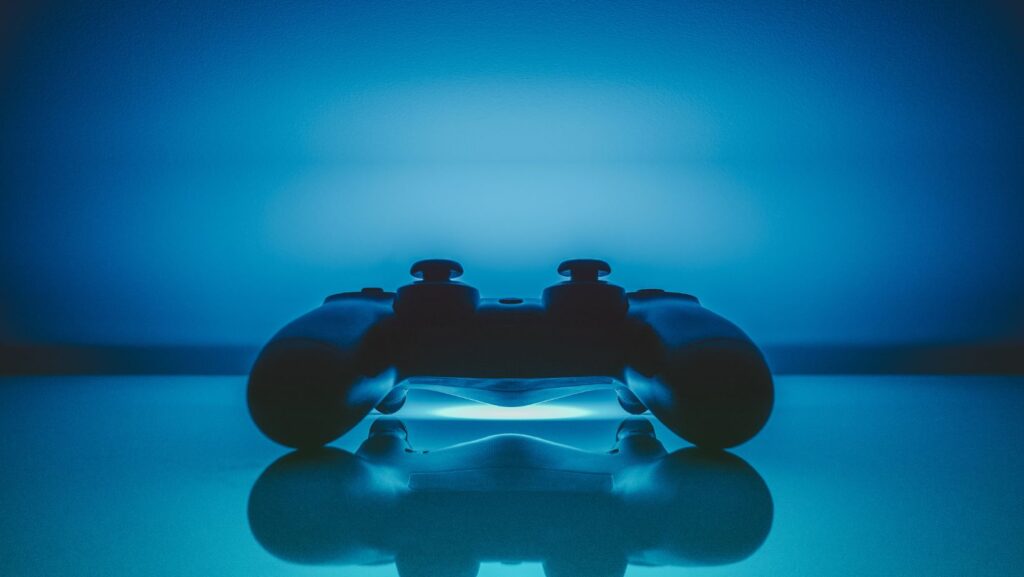In the ever-evolving landscape of gaming, rumors and questions constantly swirl around the future of console manufacturing, especially when it comes to giants like Xbox. With the rapid advancement of cloud gaming and digital platforms, many wonder if Xbox is stepping back from producing physical consoles. This speculation has sparked a significant conversation among gamers and industry analysts alike, pondering the strategic moves of one of gaming’s most influential players.
Is Xbox Done Making Consoles?
The gaming industry frequently buzzes with the question, “Is Xbox done making consoles?” amidst evolving digital landscapes and the rise of cloud gaming. As technology advances, Microsoft’s Xbox remains a focal point of discussion, as gamers and analysts alike scrutinize the brand’s future in the console market.
From the Original Xbox to Series X
 Since the release of the original Xbox in 2001, Microsoft’s gaming division has undergone significant evolution. The journey from the pioneering console to the latest Xbox Series X showcases a commitment to advancing gaming hardware with each generation. The Xbox Series X, lauded for its powerful specifications and backward compatibility, represents the pinnacle of console development at Microsoft. Yet, the question lingers in the air, “Is Xbox done making consoles?” as the industry shifts more toward digital and cloud-based platforms. Despite this speculation, there’s no concrete evidence suggesting that Microsoft plans to halt the production of Xbox consoles. On the contrary, the successful launch of the Xbox Series X and Series S in November 2020 indicates Microsoft’s ongoing investment in the console market.
Since the release of the original Xbox in 2001, Microsoft’s gaming division has undergone significant evolution. The journey from the pioneering console to the latest Xbox Series X showcases a commitment to advancing gaming hardware with each generation. The Xbox Series X, lauded for its powerful specifications and backward compatibility, represents the pinnacle of console development at Microsoft. Yet, the question lingers in the air, “Is Xbox done making consoles?” as the industry shifts more toward digital and cloud-based platforms. Despite this speculation, there’s no concrete evidence suggesting that Microsoft plans to halt the production of Xbox consoles. On the contrary, the successful launch of the Xbox Series X and Series S in November 2020 indicates Microsoft’s ongoing investment in the console market.
Shifts in Microsoft’s Gaming Strategy
The evolution of Microsoft’s gaming strategy gives rise to speculations about Xbox’s future in console manufacturing. Microsoft has increasingly embraced digital distribution and cloud gaming, as seen with the Xbox Game Pass and Project xCloud. These services provide access to a vast library of games on multiple devices, hinting at a future where hardware may play a less pivotal role. However, this shift doesn’t necessarily mean that Xbox is done making consoles. It signifies an expansion of the gaming ecosystem, ensuring gamers have unparalleled access to content, regardless of their preferred device.
Microsoft’s emphasis on compatibility and the gaming community suggests a balanced approach, catering to both traditional console players and fans of digital platforms. As the landscape of gaming evolves, Xbox’s strategy adapts, incorporating cloud gaming and digital services without abandoning the console market.
While Xbox expands its digital and cloud-based offerings, there’s no definitive sign that it’s done making consoles. Microsoft’s history and continued investment in the Xbox Series X and Series S indicate that consoles remain an integral part of Xbox’s gaming future.
Analyzing the Industry’s Move Towards Streaming
The Rise of Cloud Gaming
 The digital landscape of gaming is witnessing a significant transformation with the ascent of cloud gaming. This shift is not occurring in isolation but is a response to changing consumer preferences, with gamers seeking flexibility and access over ownership. Cloud gaming, by allowing players to stream games directly to their devices without the need for high-end hardware, caters to this emerging demand. Services like Xbox’s Project xCloud exemplify this trend, providing access to a vast library of games via subscription. This move towards streaming represents a significant pivot in strategy, indicating a broader industry shift away from traditional console models towards a service-oriented approach. However, it is important to note that, despite this trend, Microsoft continues to support its console business with the launch of the Xbox Series X and Series S, suggesting a hybrid future that accommodates both physical and digital gaming preferences.
The digital landscape of gaming is witnessing a significant transformation with the ascent of cloud gaming. This shift is not occurring in isolation but is a response to changing consumer preferences, with gamers seeking flexibility and access over ownership. Cloud gaming, by allowing players to stream games directly to their devices without the need for high-end hardware, caters to this emerging demand. Services like Xbox’s Project xCloud exemplify this trend, providing access to a vast library of games via subscription. This move towards streaming represents a significant pivot in strategy, indicating a broader industry shift away from traditional console models towards a service-oriented approach. However, it is important to note that, despite this trend, Microsoft continues to support its console business with the launch of the Xbox Series X and Series S, suggesting a hybrid future that accommodates both physical and digital gaming preferences.
Microsoft’s Business Direction and Xbox
Microsoft’s strategic direction in the gaming industry, particularly through its Xbox division, maintains a dual focus: advancing cloud gaming technologies while continuing to develop and support traditional gaming consoles. The question, “Is Xbox done making consoles?” finds its answer in Microsoft’s commitment to both areas. The launch of the Xbox Series X and Series S in 2020 illustrates the ongoing investment in state-of-the-art gaming console hardware. Meanwhile, Xbox Game Pass and Project xCloud highlight Microsoft’s endeavors in cloud gaming and digital services, aiming to provide gamers with more flexibility and access to a broader gaming library. This hybrid approach supports a future where physical consoles and digital streaming services coexist, catering to varied gamer preferences within the evolving gaming landscape.

